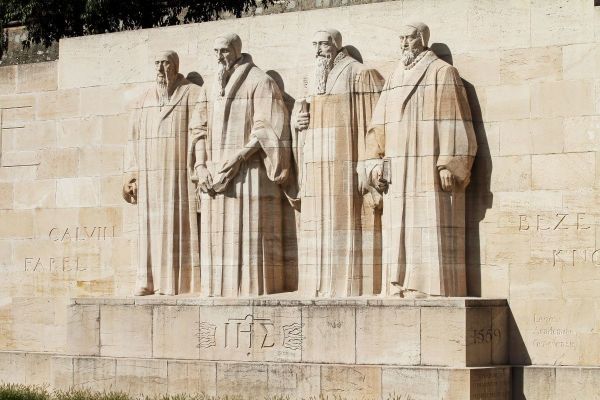Common Core Wants All Kids Taught the Same Way, Bill Gates Says; Surprised It Became Political Debate

The purpose of Common Core was to make sure all kids are taught the same way, Bill Gates, the largest financial backer of Common Core, said, and he was surprised it has become controversial.
"Common Core I would have thought of as more of a technocratic issue," Gates, founder of Microsoft, explained in an interview with Politico published Monday. "The basic idea of, 'should we share an electrical plug across the country?' Well, you can get partisan about that I suppose."
Gates then compared the education system to the railroad system, noting that all states must have the same railroad width in order for trains to travel across state lines.
"Should Georgia have a different railroad width than everybody else? Should they teach multiplication in a different way? Oh that's brilliant, who came up with that idea?" he said sarcastically.
Gates was surprised to find, though, that many do not believe all students should be taught the same way.
"Common Core, the idea that what you should know at various grades, that that should be well-structured and you should really insist on kids knowing something so you can build on it, I did not really expect that to become a big political issue," he added.
Common Core, technically called the Common Core State Standards Initiative, was developed by the State Governors Association and the Council of Chief State School Officers (both of which are private, non-governmental, organizations). The Gates Foundation provided $230 million to develop and promote the standards. Most states adopted them in order to compete for a "Race to the Top" Department of Education grant that was included in the Obama administration's 2009 economic stimulus package.
Common Core has been controversial for many reasons, with both liberal and conservative critics. (Supporters are also both liberal and conservative). One of those controversies has been whether the Common Core standards will lead to a national curriculum. Common Core proponents often deny that is the goal, but Gates appeared to suggest that is the goal in his interview.
In a March 2013 interview with The Christian Post, E.D. Hirsch, a retired professor of education and humanities at the University of Virginia and the founder and chairman of the Core Knowledge Foundation, which develops curricula based upon Common Core, also argued in favor of a national curriculum. "Standards," he said, is a "weaselly word" that "will cover any number of curricula."
Treating every student the same is exactly the problem with Common Core, according to some critics. The Home School Legal Defense Association, for instance, produced a documentary, "Building the Machine," earlier this year claiming that Common Core treats kids like machines on an assembly line. Gates' description appears to support this understanding by comparing kids to electrical plugs and trains. Kids are unique human beings, not machines, the documentary argues.
On June 7, Gates caused a stir when he got testy with a Washington Post reporter in a video interview about Common Core. Gates appeared offended when the reporter asked whether his support for Common Core was driven by business interests, given that Microsoft will include Common Core classroom material on its tablets.
In response to that interview, Diane Ravitch, a New York University education historian and Common Core critic, called on Congress to investigate Gates' role in Common Core.
"The idea that the richest man in America can purchase and — working closely with the U.S. Department of Education — impose new and untested academic standards on the nation's public schools is a national scandal," she wrote.
The Politico interview covered a wide range of topics and was part of the website's "Lessons From Leaders" series. Gates also discussed the Ebola crisis in Africa and revealed that he wears a $10 watch.
You can watch the part of the interview about Common Core below:






















